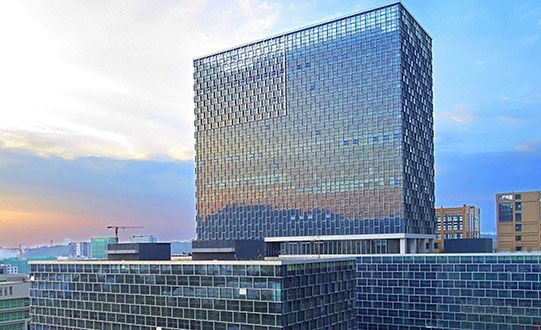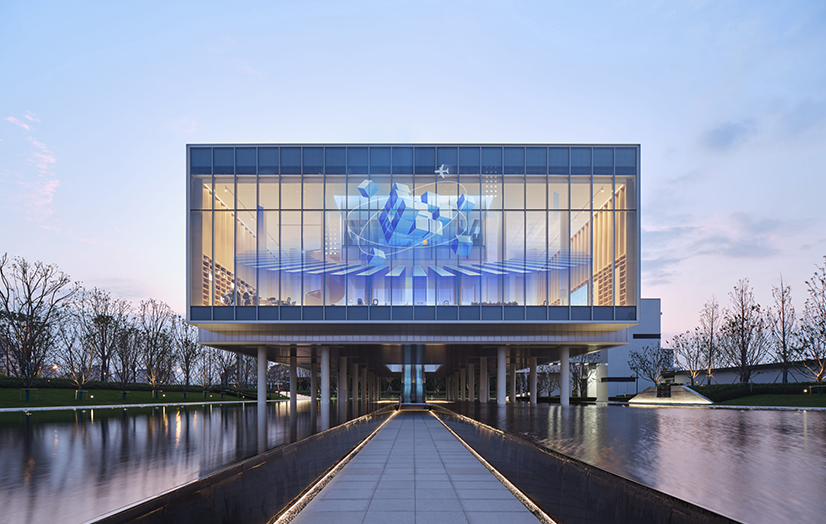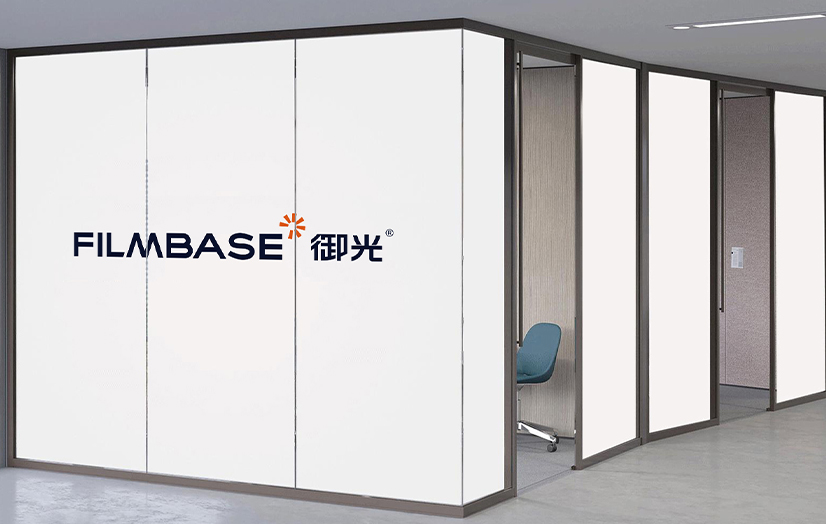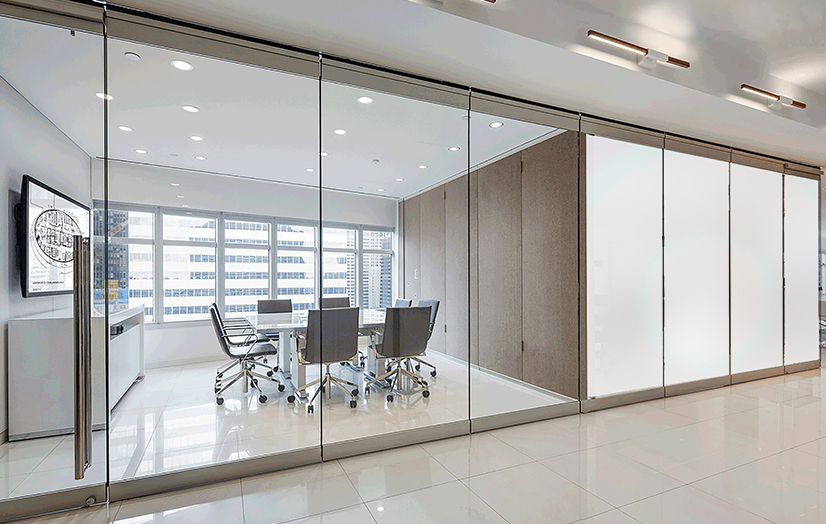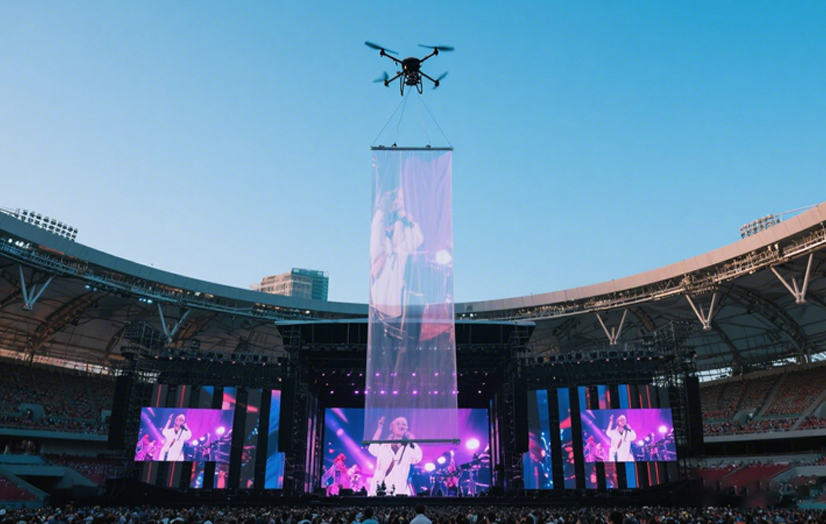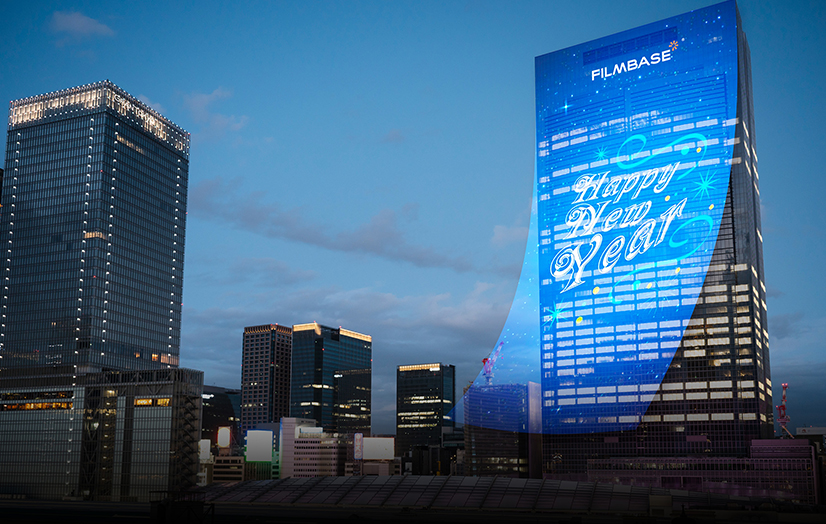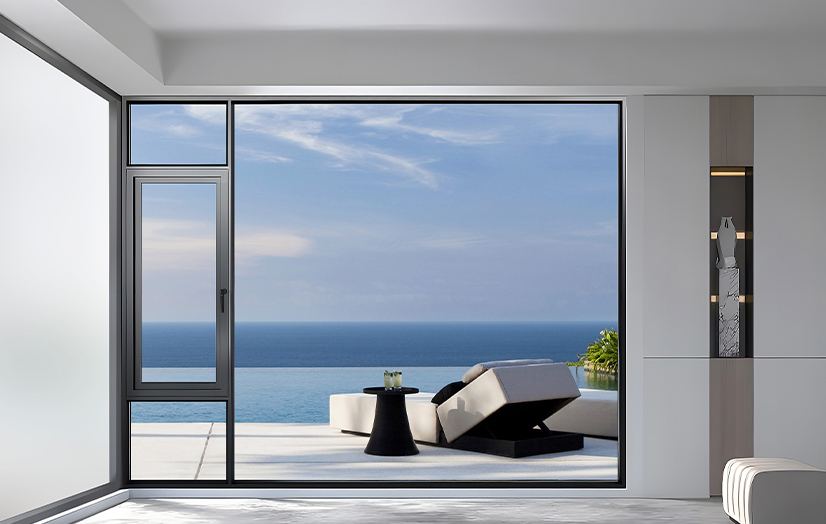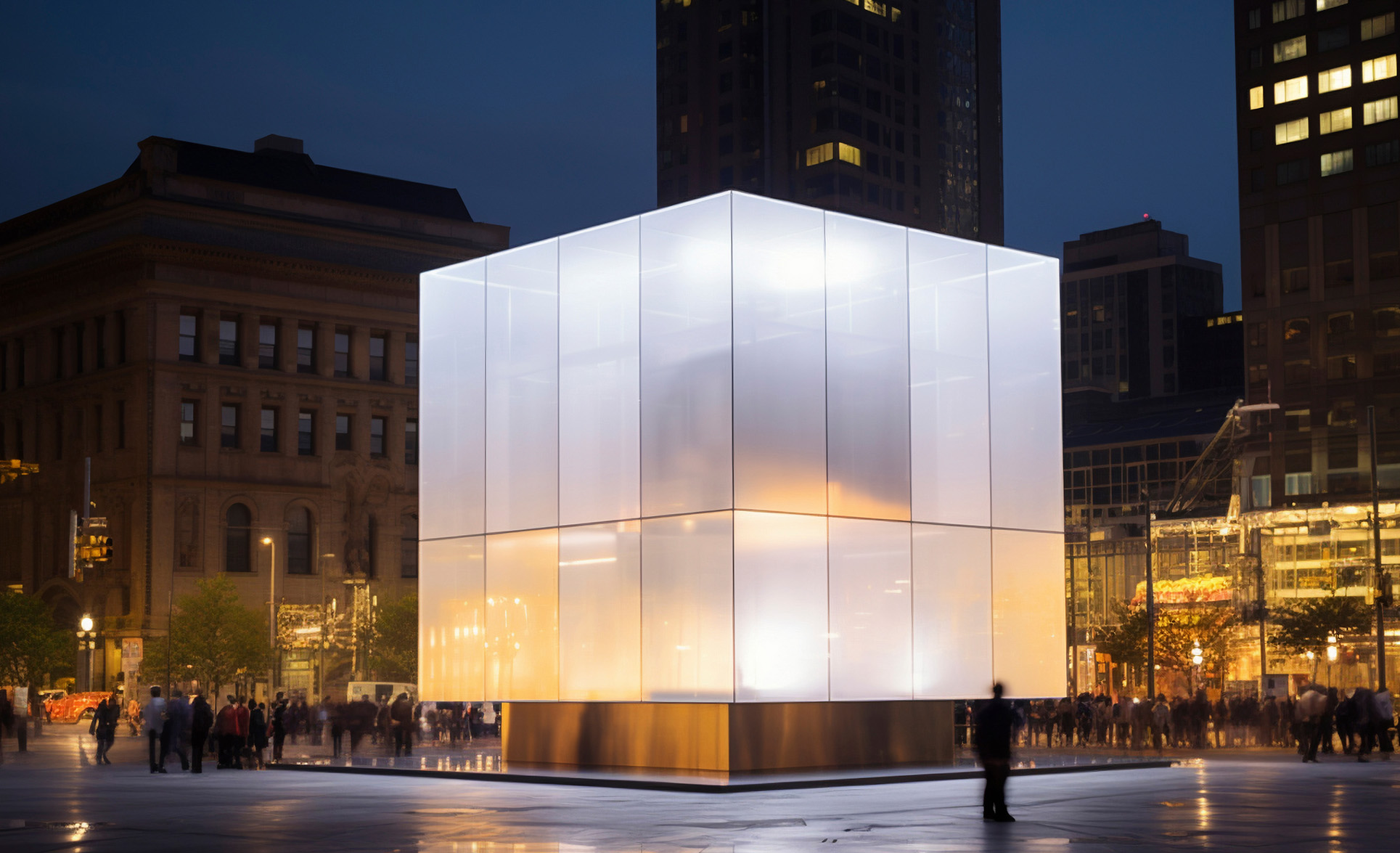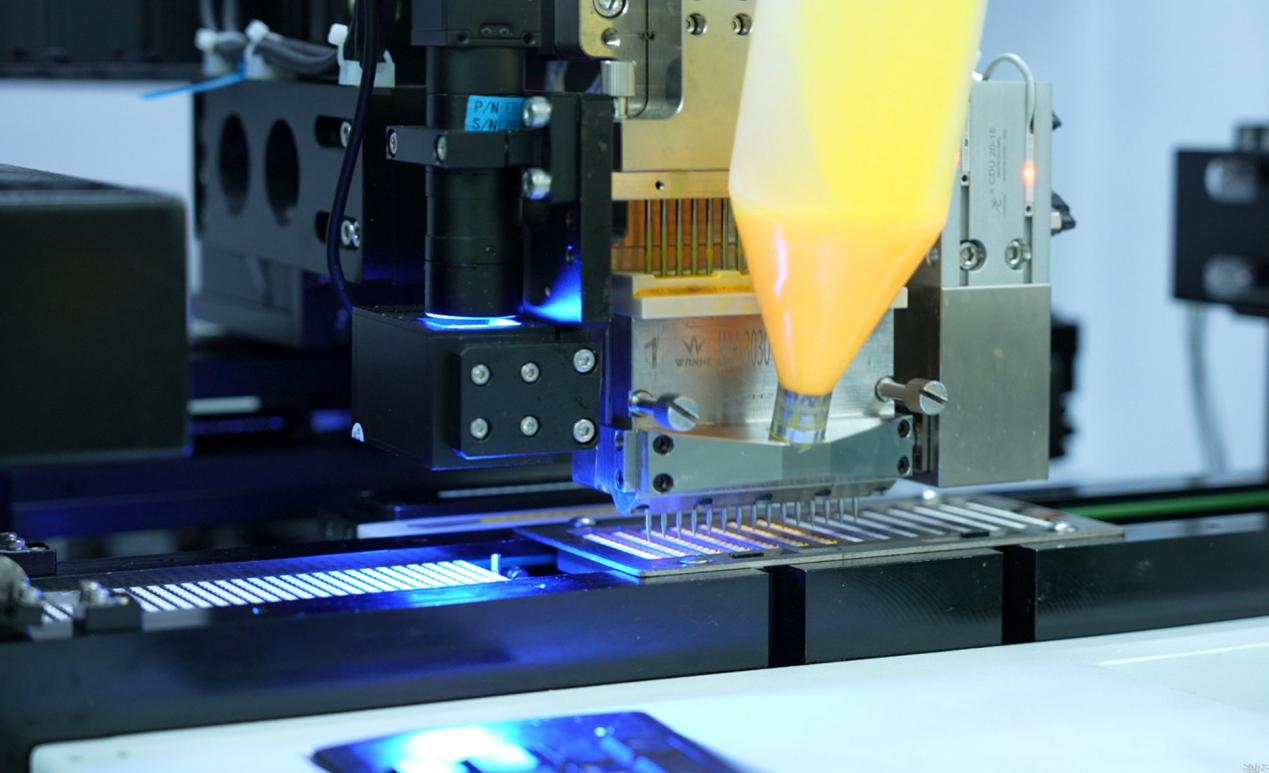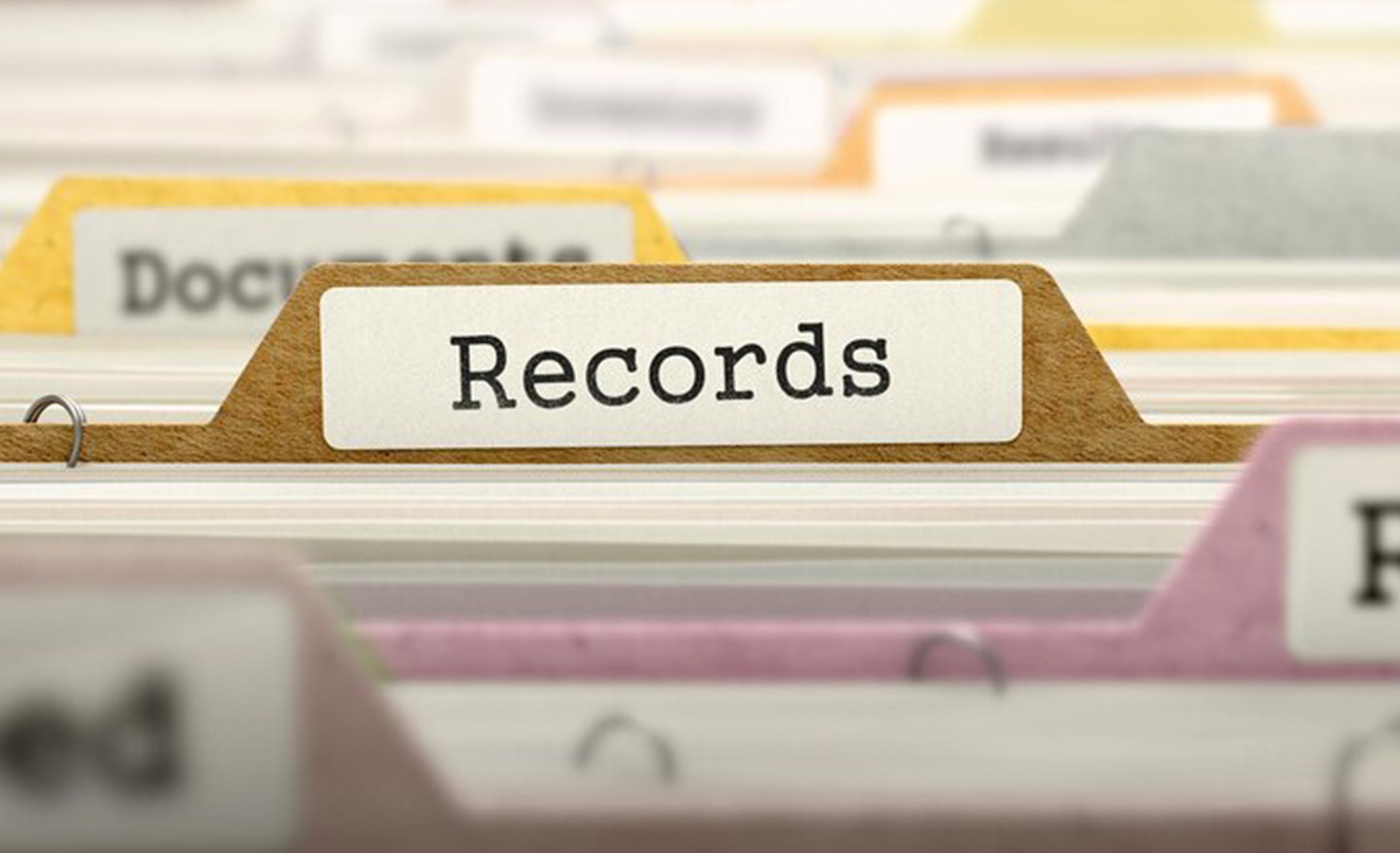The U.S. government legislates to promote smart glass applications and rolls out tax credits
The U.S. Government just signed the new $750 billion Inflation Reduction Act, which includes the Dynamic Glass Act, and incorporates legislation that could offer tax credits to those who use active types of smart glass technology in their construction projects starting in January 2024.
The Dynamic Glass Act, part of the wider Inflation Reduction Act, includes a crucial amendment to the Internal Revenue Code of 1986 that looks to make certain types of active smart glass qualify for a 30% tax credit, providing businesses immediate ROI on specifying the technology. It means that in certain situations smart glass could be eligible for rebates similar to those of solar panels, wind turbines and other types of renewable energies.
According to the Dynamic Glass Act, projects that begin construction before January 1 2024 will qualify under the legislation. Tax credits will be available for the taxable years following the enactment of the act, which at this stage looks to be from 2023 onward.
The announcement marks a momentous milestone for the smart glass industry as the legislation is expected to continue the mainstream and widespread adoption of smart glass technology across the built environment in an effort to combat climate change associated with the building industry.
The smart film and smart glass produced by Filmbase are widely used in many intelligent building glass around the world. They have the functions of heat insulation, UV and IR blocking, etc., which help to reduce the cooling cost and energy consumption in the building, reduce the utilization rate of air conditioners, and increase the green environmental protection, low carbon emission reduction and so on. It can significantly improve living conditions and improve the quality of people's living environment. FILMBASE has launched global agent recruitment, welcome to contact us.
-
Previous: Absen Group visited Filmbase Technology
More news
-

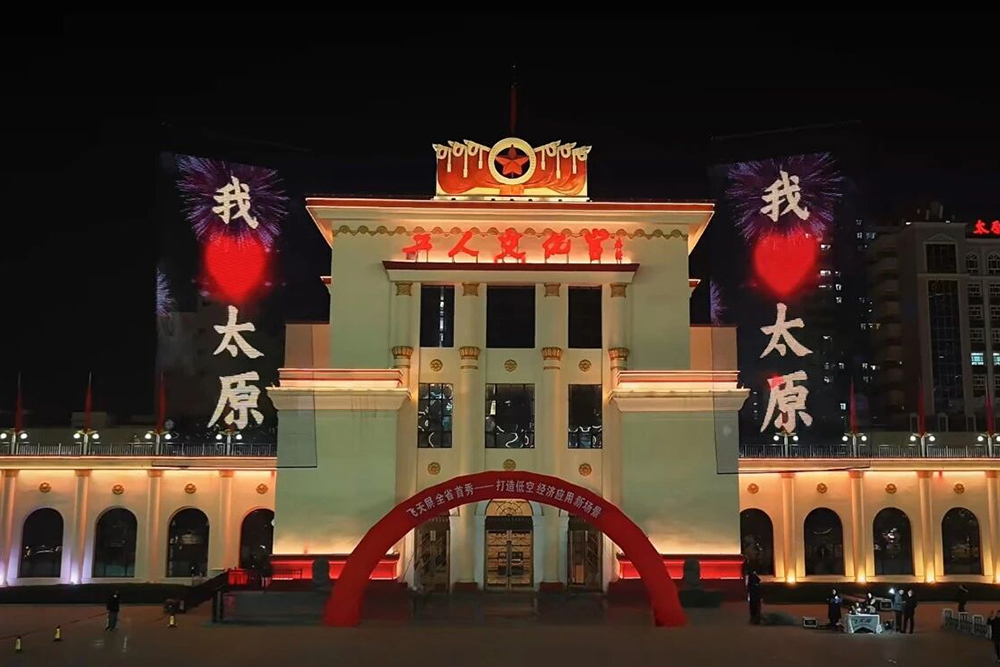 FILMBASE Partners with Taiyuan Radio Factory No. 1 for Successful Shanxi Debut of Flying Display2025.12.18
FILMBASE Partners with Taiyuan Radio Factory No. 1 for Successful Shanxi Debut of Flying Display2025.12.18 -

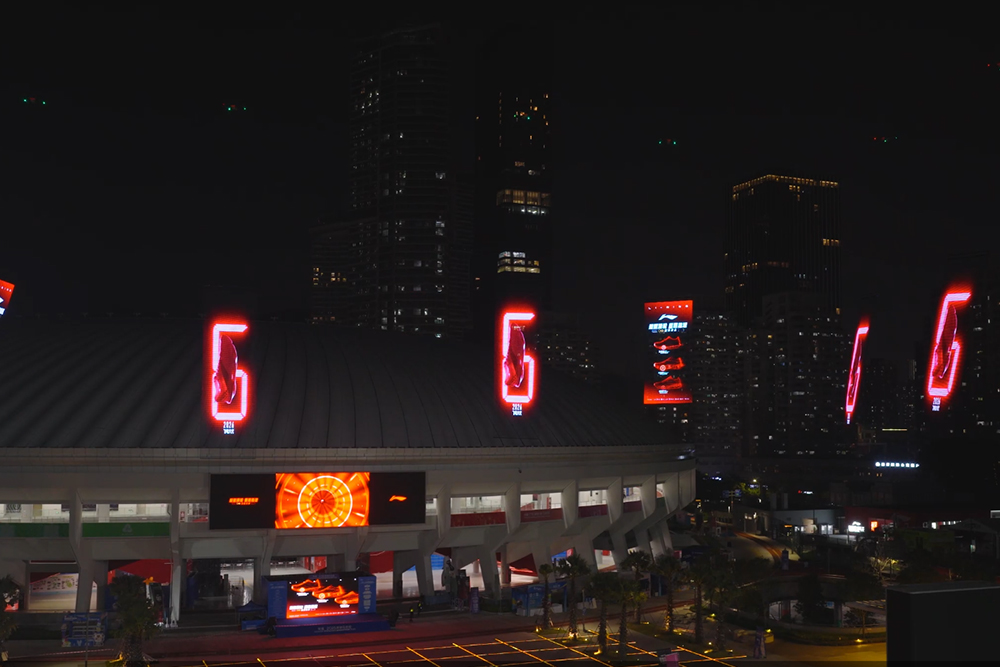 FILMBASE Flying Display : Elevating Brand Launches to New Heights2025.12.18
FILMBASE Flying Display : Elevating Brand Launches to New Heights2025.12.18 -

 CCTV.com reports on Shenzhen's ultra-high-definition display industry, with FILMBASE transparent displays drawing attention.2025.12.18
CCTV.com reports on Shenzhen's ultra-high-definition display industry, with FILMBASE transparent displays drawing attention.2025.12.18 -

 Great News|Ranked 14th! FILMBASE Makes the 2025 Deloitte Shenzhen “Top 20 High-Tech High-Growth Companies” List2025.12.09
Great News|Ranked 14th! FILMBASE Makes the 2025 Deloitte Shenzhen “Top 20 High-Tech High-Growth Companies” List2025.12.09 -

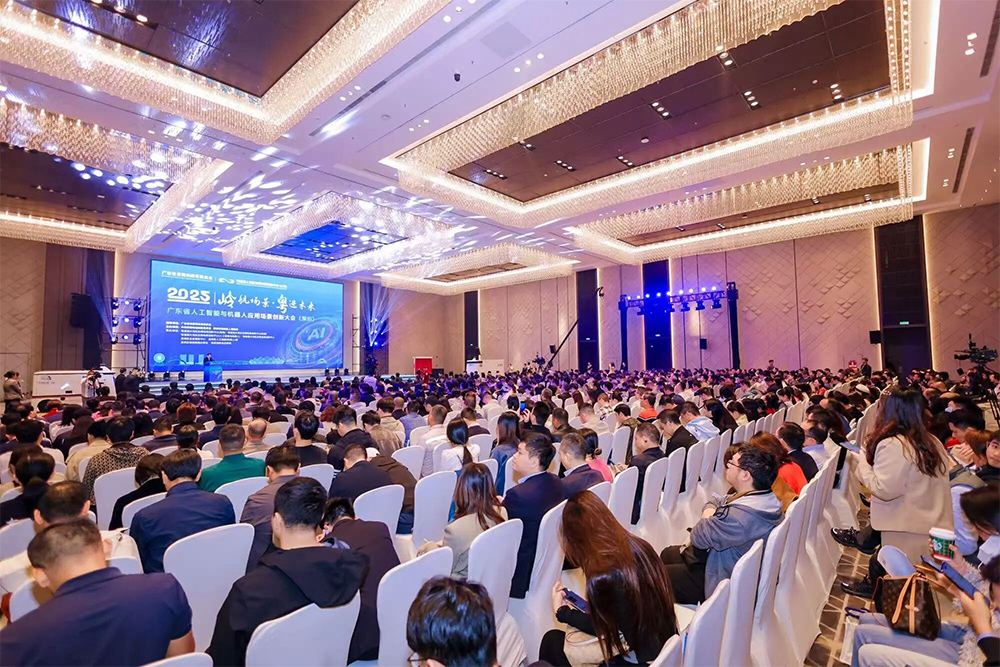 FILMBASE Makes a Splash! Honored as One of Longgang's Top 40 Outstanding Scenario Cases, Shines on the “Bay Area Runway”2025.12.09
FILMBASE Makes a Splash! Honored as One of Longgang's Top 40 Outstanding Scenario Cases, Shines on the “Bay Area Runway”2025.12.09 -

 FILMBASE President Lanlan Yuan was invited to attend the Hunan Business Forum to discuss industrial innovation and development opportunities2025.12.09
FILMBASE President Lanlan Yuan was invited to attend the Hunan Business Forum to discuss industrial innovation and development opportunities2025.12.09 -

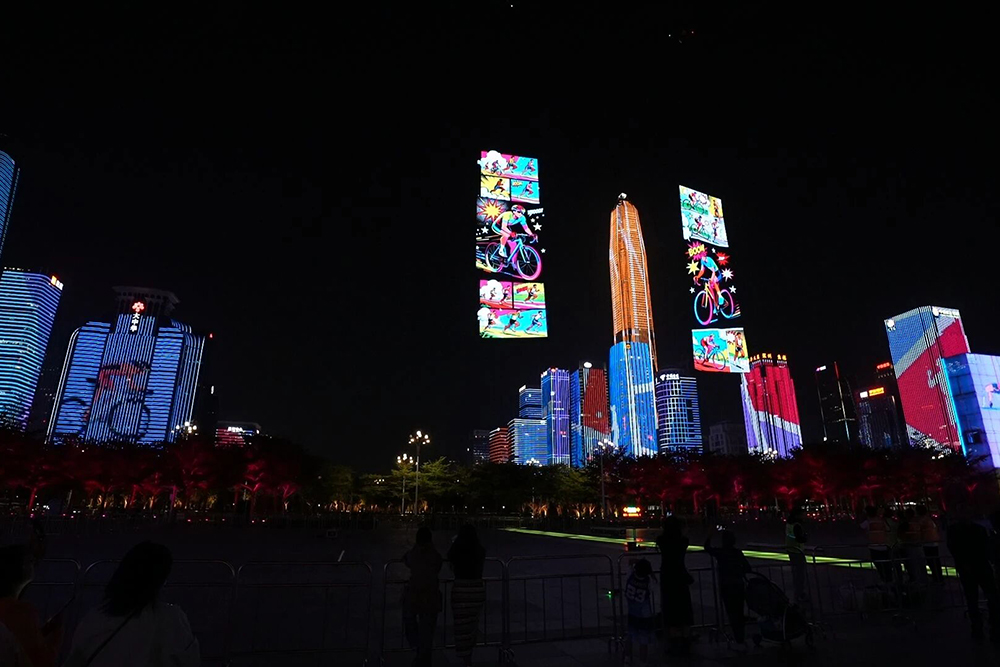 FILMBASE Flying Display Debuts at 15th National Games Theme Light Show & 2025 Shenzhen Light & Shadow Art Festival2025.12.09
FILMBASE Flying Display Debuts at 15th National Games Theme Light Show & 2025 Shenzhen Light & Shadow Art Festival2025.12.09 -

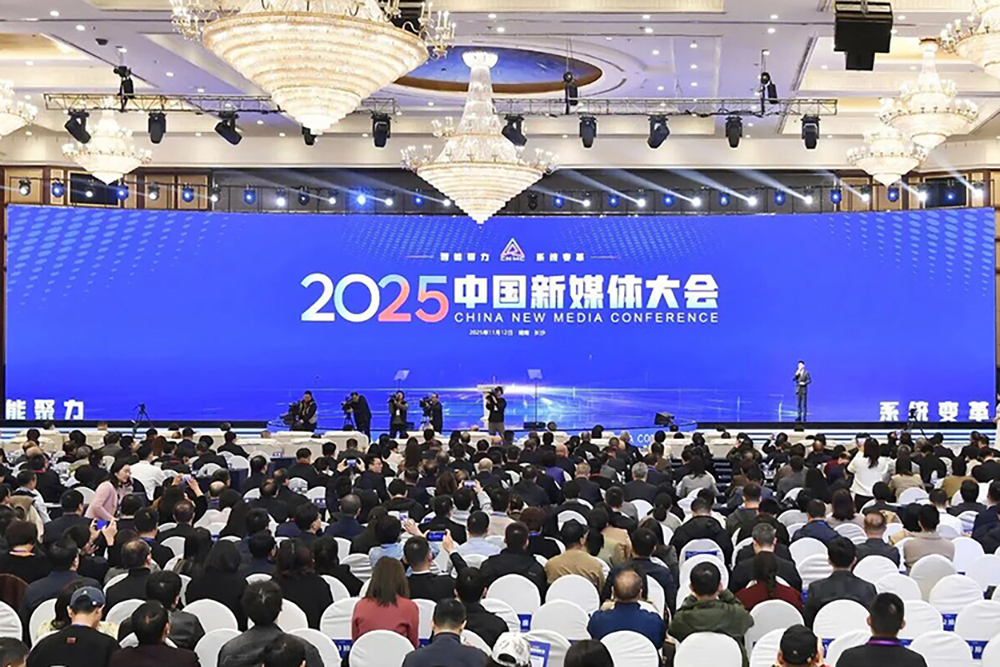 2025 China New Media Conference Concludes Successfully|FILMBASE's Naked-Eye 3D Display Materials Emerge as the Strongest Visual Calling Card2025.12.08
2025 China New Media Conference Concludes Successfully|FILMBASE's Naked-Eye 3D Display Materials Emerge as the Strongest Visual Calling Card2025.12.08 -

 Good News|FILMBASE Honored as Seventh Batch of National Specialized, Refined, Distinctive, and Innovative “Little Giant” Enterprises2025.11.21
Good News|FILMBASE Honored as Seventh Batch of National Specialized, Refined, Distinctive, and Innovative “Little Giant” Enterprises2025.11.21 -

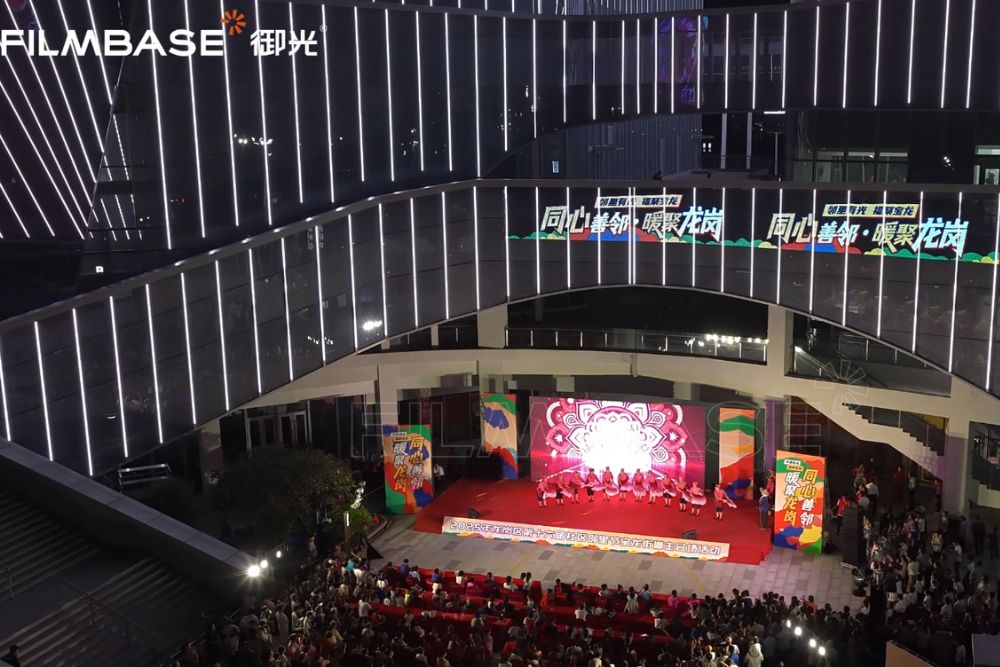 United in Kindness, Gathering Warmth in Longgang—FILMBASE Shines at Baolong Cultural & Sports Center2025.11.21
United in Kindness, Gathering Warmth in Longgang—FILMBASE Shines at Baolong Cultural & Sports Center2025.11.21



